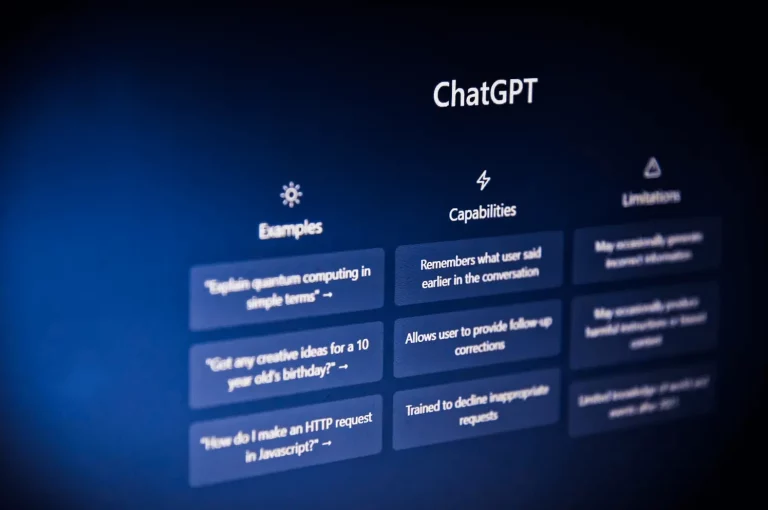
Italy’s recent ban on the AI chatbot ChatGPT has spurred considerations in France, Ireland, and Germany to possibly follow suit, citing privacy apprehensions. ChatGPT, developed by OpenAI, gained notoriety for its capacity to generate essays, poetry, and conversations with minimal input. Italian regulators criticized the tool for lacking a legal foundation for extensive data collection and raised concerns about its data management practices. This move has prompted European authorities, including those in France, Ireland, and Germany, to engage with Italian counterparts to establish a unified stance on ChatGPT. Additionally, Canadian data regulators have initiated an investigation into OpenAI.
Regulatory Worries Surrounding ChatGPT
Italy’s Ban on ChatGPT
On April 1, 2023, Italy enforced a ban on ChatGPT citing privacy apprehensions. The Italian authorities accused OpenAI of lacking a legal foundation for extensive data collection and raised doubts about the tool’s data handling procedures.
Response from France
France’s influential data regulator, CNIL, has received two complaints against ChatGPT. Janus International, a campaign group, filed the first complaint, while the second came from developer David Libeau. Zoe Vilain from Janus International alleged that ChatGPT didn’t seek her consent upon signing up. Libeau claimed that when using ChatGPT to explore information about himself, the tool fabricated entirely false narratives. Although CNIL hasn’t announced a formal inquiry yet, it holds significant influence within Europe’s data regulation landscape.
Concerns from Ireland and Germany
Data regulators in Ireland and Germany have also reached out to their Italian counterparts to comprehend ChatGPT’s implications better. Similar to CNIL, they harbor concerns about potential privacy breaches and aim to establish a unified stance on the tool.
ChatGPT’s Training and Functionality
How ChatGPT Operates
ChatGPT stands as an AI chatbot crafting conversations, essays, and poems through concise prompts. It garners its proficiency from extensive internet-derived text data, facilitating its emulation of human-like responses.
Capabilities of ChatGPT
ChatGPT displays an impressive knack for generating text akin to human expression, crafting compositions ranging from essays to poetic verses. It possesses adaptability in adopting diverse styles and tones, be it technical, humorous, or formal.
Potential Hazards with ChatGPT
Criticism has surfaced regarding ChatGPT’s tendency to generate fictitious responses, commonly referred to as “hallucinations.” OpenAI asserts that this issue is less prevalent in GPT-4, the latest iteration of the tool.
The Escalating Concerns Surrounding AI Regulation
Canada’s Scrutiny of OpenAI
In the wake of Italy’s ban on ChatGPT, Canada’s data oversight body has initiated an inquiry into OpenAI. The Canadian regulator is likely apprehensive about AI tools lacking robust legal structures and sufficient safeguards for privacy.
The Plea to Cease Development of High-powered AI Systems
Recently, a coalition of numerous experts, Elon Musk among them, advocated for a pause in the advancement of potent AI systems. This call was spurred by the unveiling of GPT-4. The proposed moratorium aims to prevent the creation of any AI language models exceeding the capabilities of OpenAI’s GPT-4.
While AI technology offers manifold advantages, it also triggers concerns regarding privacy, data security, and the potential misuse of highly capable systems. Collaboration between regulators and industry stakeholders is essential to establish ethical and transparent AI frameworks that enable continued AI development.